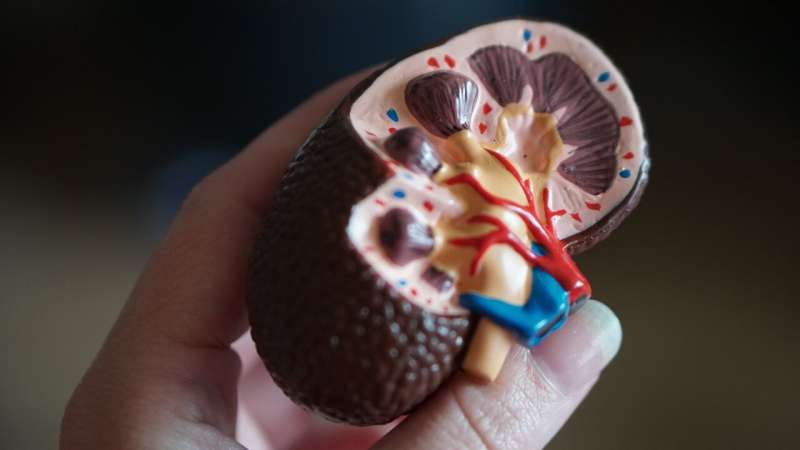
Two studies in CJASN offer a better understanding of the effects of COVID-19 vaccination on individuals with kidney failure who are undergoing long-term dialysis.
One study compared trends in COVID-19 hospitalizations between patients on dialysis and the general population throughout different waves of the pandemic. The study used nationwide registry data in France that included 53,365 patients on dialysis and analyzed 3,620 COVID-19–related hospitalizations in such patients. Investigators used three analytic models incorporating data on previous COVID-19 hospitalizations to predict subsequent COVID-19 hospitalizations at different time points.
During the first wave of the pandemic, COVID-19–related hospitalization rates in patients on dialysis were approximately proportional to the general population. However, during the second wave, there was a lower relative incidence for patients on dialysis patients, suggesting an effect of prevention measures in dialysis facilities. Moreover, from the beginning of the vaccination rollout, COVID-19–related hospitalization rates in patients on dialysis were lower than predictions based on the first and second waves. Adding vaccination coverages in dialysis and non-dialysis patients to equations revealed that both vaccination of dialysis patients and the general population was associated with a lower risk of COVID-19–related hospitalization in patients on dialysis.
“Our findings suggest that both individual and herd vaccine-induced immunity may yield a protective effect against severe forms of COVID-19 in dialysis patients,” said lead author Khalil El Karoui, MD, Ph.D., of the APHP Henri Mondor Hospital, in France.
Another study in CJASN focused on the antibody responses to COVID-19 vaccinations over time in 1,870 U.S. patients treated at Dialysis Clinic, Inc. who received a complete COVID-19 vaccine series and had their post-vaccine antibody titers measured as part of routine monthly blood work. Overall, 84% had not previously had COVID-19, and of these, 50% were vaccinated with the Moderna mRNA vaccine, 28% with the Pfizer/BioNTech mRNA vaccine, and 22% with the Janssen adenovirus vector vaccine.
Following vaccination, patients without prior COVID-19 had declining anti–SARS-CoV-2 antibody levels over time, and patients who had received the adenovirus vector vaccine had lower levels than those who had received an mRNA vaccine over all time periods.
“The decline in antibodies was noted as early as two months after vaccination, and levels were undetectable in about half of patients at six months after vaccination,” said lead author Caroline Hsu, MD, of Tufts Medical Center. “We therefore strongly advocate for a standardized approach of providing additional vaccine doses to all patients receiving maintenance dialysis, particularly with the rise of the omicron variant. Furthermore, there may be an important role for serial monitoring of antibody levels, with re-dosing of vaccine when the antibody response has waned.”
Dr. Hsu and her colleagues also found that patients with a strong antibody response in the first two months after full vaccination tended to have a more durable response over time. In the smaller cohort of patients with prior COVID-19, there appeared to be a more durable response.
An accompanying editorial discusses the results of these two studies and notes that “as we continue to learn about the effects of COVID-19 on the dialysis population and the ‘real-world’ effectiveness of different mitigation strategies, we must continue to adapt our approach to protect this vulnerable population as best as possible.”
American Society of Nephrology

